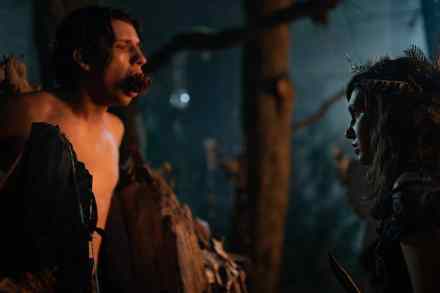Parallel lives: Violets, by Alex Hyde, reviewed
More from BooksWhen Violet wakes up in Birmingham Women’s Hospital at the start of Alex Hyde’s debut novel her first thought is of what has happened to the enamel pail of blood, because she hates the idea of someone else emptying it: ‘Was that what it meant, lifeblood? Placental, uterine. She had seen the blood drop out






























